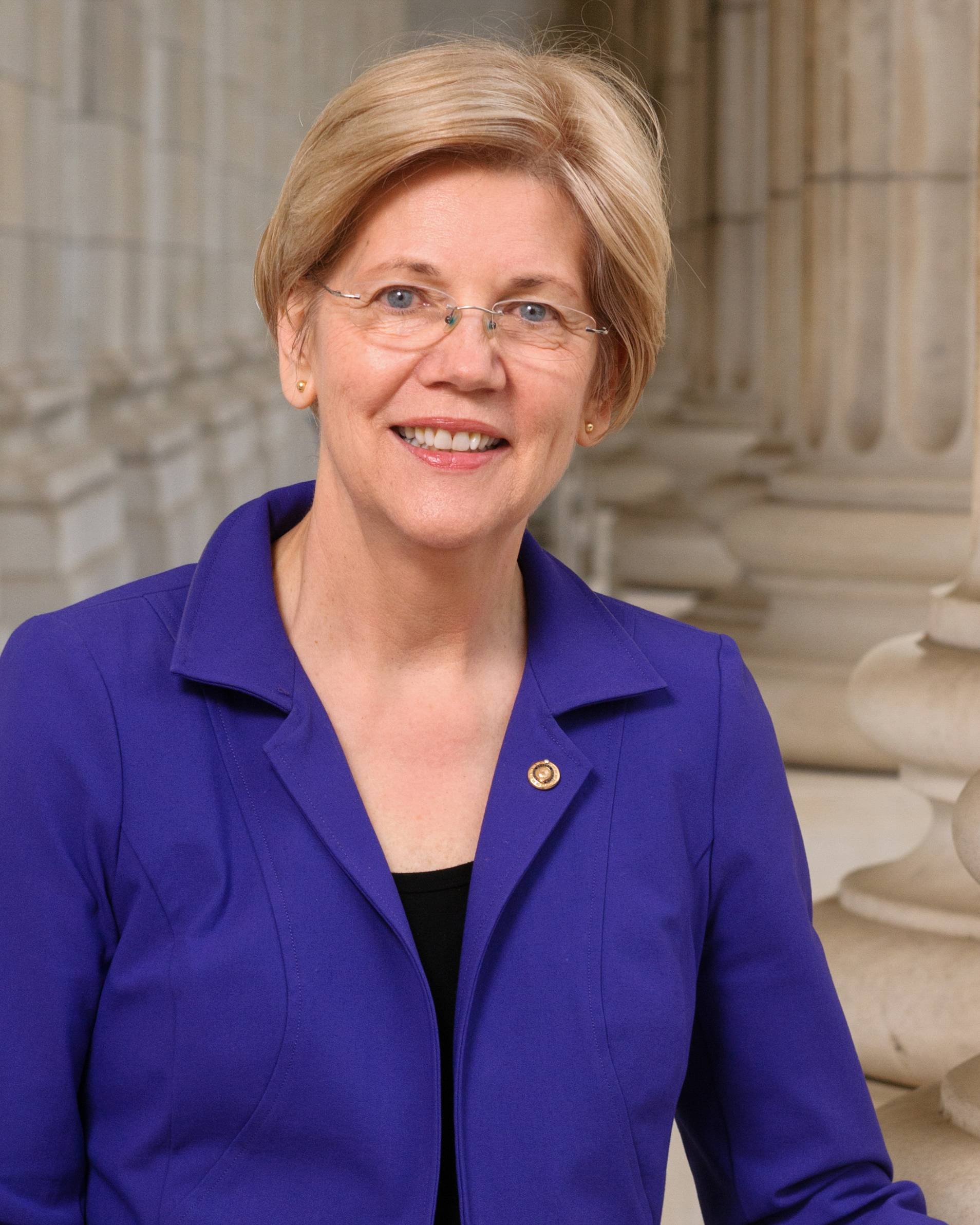
It’s Not Prom Queen. It’s President.
Any woman who has ever asserted herself in her workplace knows that the “likeability” criterion is a way of tearing down women who dare. And, we also know−as Politico should have−that focusing on “likeability” as the primary criterion for measuring a candidate’s qualifications ignores the major reason people run for office, and win votes: their policy proposals, professional experience, and stated ideals.
Likeability, shmikability, is what they might say in Chuck Schumer’s neighborhood: what is he going to do for me?
We are standing on a precipice today. A government shut down; a foreign policy in disarray; internment camps in our midst; abandoned victims of domestic violence; hungry people begging on street corners everywhere. Willful ignorance and unmitigated cruelty are the operative principles of the current administration. Yet, we read−first off−about the “likeability” of a prospective opponent of his, ignoring her ideas, and the values that fostered them: ignoring her service and seriousness so utterly absent from today’s Oval Office incumbent.
The attacks faced by strong women today are nothing new. In their face, I take inspiration from compassionate, committed Jewish feminist heroines of our past. I think of Emma Goldman, who was often demeaned, for it’s clear that the radical action she espoused is needed to eliminate the Trumpian plague that bedevils us: “The most violent element in society is ignorance,” she once said.
And I think of Hannah Solomon, founder of the National Council of Jewish Women. Like Warren and what looks like a strong potential field of female presidential candidates, she had a decades-long, distinguished career of public service. For forty years, she organized others of like mind and commitment, partnered with other women’s advocates (Were they likeable? Who knows. Who cares?) who fought for social justice and equal treatment; and was a consistent advocate for public policies that helped the powerless and the poor. If she faced sexist attacks, they have faded in time compared to her legacy of good works.
Let’s guard the legacies of our female leaders. On this historic week when more women than ever before in US history will begin their service in the US Congress−we remain on the alert for high-profile sexism and pledge to call it out, whether it’s an article about likeability or tweets about Nancy Pelosi’s pink dress or sneers about Alexandra Ocasio-Cortez’s youthful dance moves.
And, as we do, we will take heart and strength from the women who led before us.
One of Solomon’s earliest efforts was organizing the Jewish Women’s Congress at the 1893 World’s Columbian Exposition in Chicago. In her autobiography, A Sheaf of Leaves, she wrote: “This influence of this congress is, however, not to be measured by the size of its audience, not by the merits of its papers. Its chief result is that it brought together, from all parts of the country [the US], East, West and South, women interested in their religion, following similar lines of work, and sympathetic in ways of thought, and was instrumental in cementing friendships between them. “
As we embark on a new era with a new congress, let our new generation of American women of every faith and culture vow not to be distracted by sexist characterizations, but focused singularly, as Solomon and her sisters were, too: on the welfare of mankind.
Rebecca Sive is the author of Vote Her In: Your Guide to Electing Our First Woman President.
The views and opinions expressed in this article are the author’s own and do not necessarily reflect those of Lilith Magazine.




